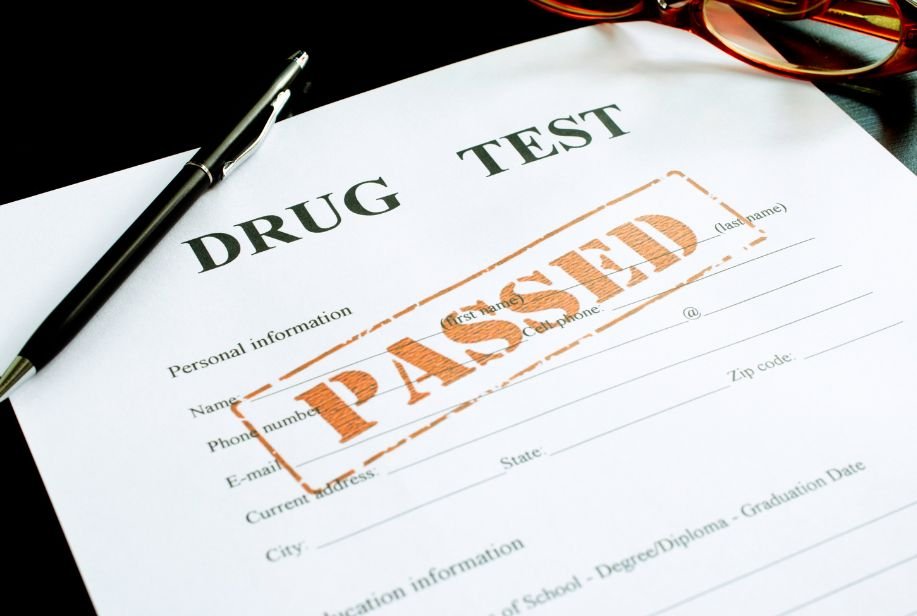When people struggle with addiction, involvement in the criminal justice system often follows. Substance use can lead to charges such as possession, theft, or other offences committed to support a dependency. In British Columbia, there is recognition that traditional jail sentences often fail to address the root causes of these problems. That’s why the province offers a unique program: Drug Treatment Court of Vancouver (DTCV).
This specialized court allows eligible participants to enter treatment instead of facing incarceration. For many, it represents a meaningful chance to break the cycle of addiction and crime while building a healthier future.
What Is Drug Treatment Court?
Drug Treatment Court is a specialized division of the provincial court system that emphasizes rehabilitation over punishment. The goal is to reduce criminal behaviour by addressing the substance use disorders that drive it.
Launched in 2001, DTCV was the first of its kind in Canada and has since become a model for combining treatment with accountability. Rather than sending participants to prison, the court places them in a structured program involving counselling, addiction treatment, and regular court check-ins.
How Does the Process Work?
Participation begins when an accused person applies or is referred to the program. If accepted, they must agree to its strict requirements, which typically include:
- Guilty Plea – Participants plead guilty to their charges, with sentencing delayed until program completion.
- Supervised Treatment – Intensive addiction treatment, which may include outpatient therapy, residential programs, or court-ordered rehab.
- Regular Appearances – Frequent appearances before the same judge, who monitors progress and addresses setbacks.
- Monitoring – Regular drug testing, supervision, and progress reports to ensure accountability.
Successful completion can result in reduced or alternative sentencing, while failure may mean serving the original sentence.
Who Qualifies for Vancouver Drug Court?
Not everyone is eligible for Drug Treatment Court. Applicants must meet certain criteria:
- Non-violent offences are typically linked to substance use.
- Demonstrated addiction contributing to the criminal behaviour.
- Genuine motivation to change and willingness to comply with program rules.
- Public safety considerations, those posing a high risk to the community may be excluded.
Serious violent crimes, sexual offences, and large-scale trafficking offences are generally ineligible.
What Is Expected of Participants?
The program is demanding and requires discipline. Participants must:
- Attend treatment sessions regularly
- Submit to random drug testing
- Appear consistently in court
- Work with counsellors and treatment providers
- Avoid people and situations tied to criminal activity
The court expects progress, not perfection. Relapse can be part of recovery, but repeated non-compliance may result in removal from the program.
Benefits of Drug Treatment Court
The Vancouver Drug Court offers several advantages over traditional sentencing:
- Breaking the Cycle: Tackles root causes to reduce repeat offences.
- Improved Health: Provides access to addiction treatment and recovery supports.
- Reduced Incarceration: Focuses on rehabilitation, easing the burden on the prison system.
- Community Safety: Supports long-term change, lowering the risk of reoffending.
Research shows that graduates of the program are significantly less likely to reoffend compared to those who serve conventional sentences.
Challenges of the Program
While highly beneficial, the program is not easy. It often lasts 12–18 months and requires strict adherence to conditions. The structure can feel demanding, and setbacks are common. However, the accountability, treatment, and support provided make it one of the most effective responses to the overlap of addiction and crime in BC.
Why Legal Representation Matters
Navigating Drug Treatment Court is complex. An expert defence lawyer, like Michael Shapray, can help determine whether the program is the right fit, explain the legal implications of entering it, and advocate for acceptance. Legal representation ensures that rights are protected and expectations are understood throughout the process.
A Pathway to Recovery
For individuals caught between addiction and the justice system, DTCV offers a real alternative. By choosing treatment over jail, participants gain the opportunity to confront addiction, rebuild relationships, and work toward lasting change.
If you or someone you know is facing criminal charges related to substance use, it is important to explore whether Drug Treatment Court is an option.
Contact Michael Shapray today to discuss your case and learn how Drug Treatment Court could provide a pathway to treatment instead of incarceration.



